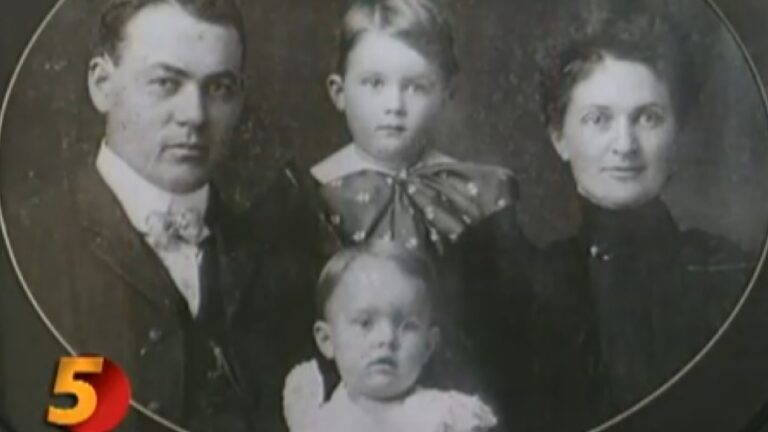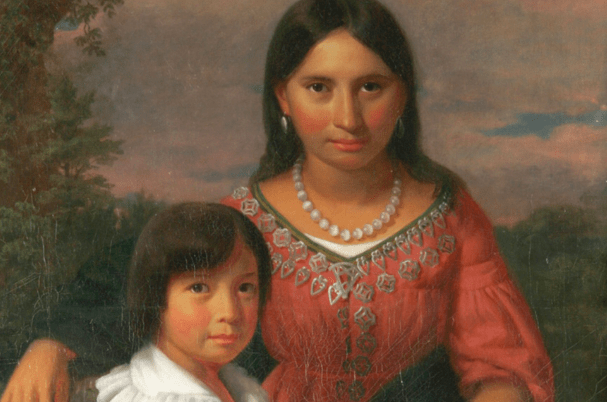Eduard Einstein: Unveiling the Life of Albert Einstein’s Overlooked Son
A Glimpse into Eduard’s Childhood
Eduard Einstein, the lesser-known son of the renowned physicist Albert Einstein, lived a life marked by both privilege and profound personal struggles. Born on July 28, 1910, in Zurich, Switzerland, Eduard was the second child of Albert and his first wife, Mileva Marić. His early years were shaped by a unique blend of intellectual brilliance and familial turbulence.
Family Background and Early Years
Eduard’s family background was a complex interplay of scientific achievement and personal hardship. Albert Einstein, already a celebrated scientist, was deeply involved in his work, often at the expense of family life. Mileva Marić, an accomplished physicist in her own right, also faced the challenges of managing a household while supporting Albert’s burgeoning career.
- Born: July 28, 1910
- Parents: Albert Einstein and Mileva Marić
- Siblings: Hans Albert Einstein (older brother)
Eduard’s early years were marked by the intellectual atmosphere of his household. Despite his parents’ high expectations and their demanding careers, Eduard showed early signs of intelligence and curiosity.
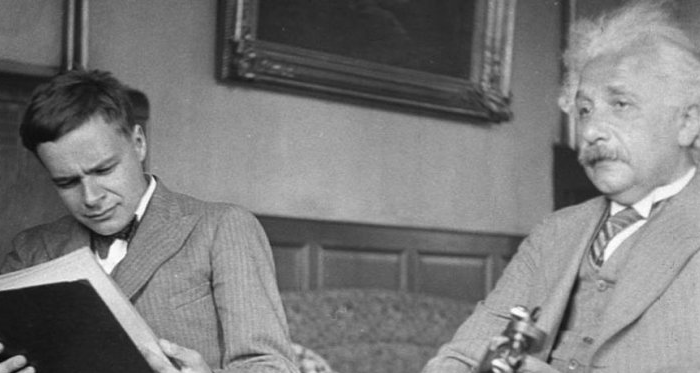
Education and Early Influences
Eduard’s educational journey began with his attendance at local schools in Zurich. His academic path was influenced by his parents’ scholarly inclinations, but his personal struggles would soon overshadow his academic potential.
- Schools Attended: Local schools in Zurich
- Early Academic Interests: Science, literature, and philosophy
Eduard’s education was interrupted by his deteriorating mental health, which began to manifest in his late teenage years. His early academic achievements were overshadowed by the challenges posed by his condition.
The Impact of Schizophrenia
Eduard Einstein’s life was profoundly affected by his struggle with schizophrenia, a mental illness that emerged in his late adolescence. This condition not only shaped his personal experiences but also had a significant impact on his family’s life.
Diagnosis and Early Symptoms
Eduard’s first symptoms of schizophrenia became apparent during his late teenage years. He experienced episodes of confusion, paranoia, and hallucinations, which were troubling for both him and his family.
- Initial Symptoms: Confusion, paranoia, hallucinations
- Diagnosis: Officially diagnosed with schizophrenia in the early 1930s
These early symptoms were distressing and challenging to manage, given the limited understanding and treatment options available at the time.
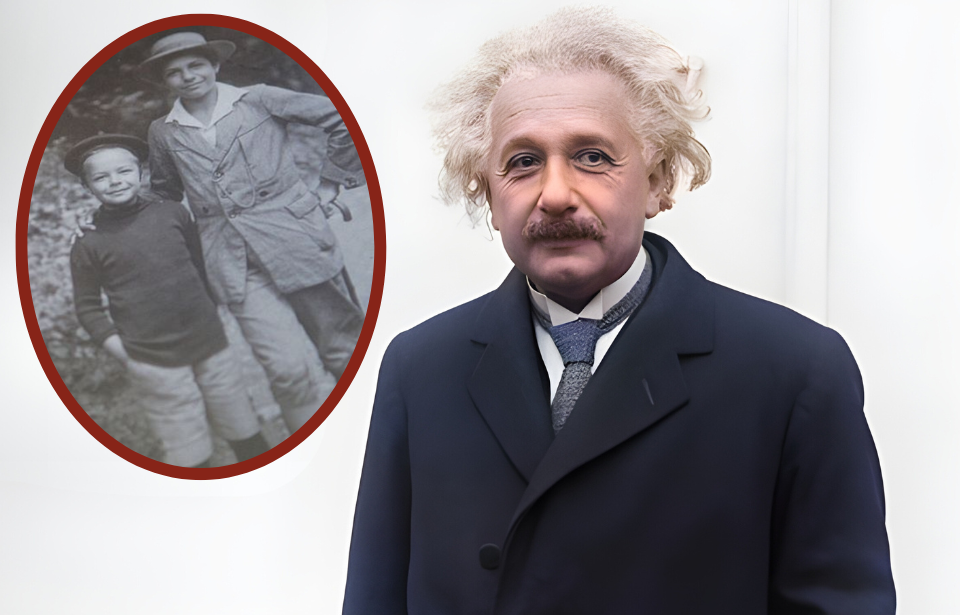
Treatment and Coping Mechanisms
The treatment for schizophrenia during Eduard’s time was rudimentary compared to modern standards. Eduard underwent various treatments, including medication and institutional care, but his condition remained difficult to manage.
- Treatment Options: Medication, institutional care
- Coping Mechanisms: Support from family, though limited by understanding of the illness
Eduard’s struggle with his mental health was compounded by the societal stigma and limited medical knowledge of the era.
Father-Son Dynamics
The relationship between Eduard and his father, Albert Einstein, was complex and strained. While Albert was a brilliant physicist, his ability to connect with and support his son was challenged by both personal and professional pressures.
Strained Relationship and Communication
Eduard’s mental health issues created a significant emotional distance between him and his father. Albert Einstein, despite his scientific genius, struggled to bridge the gap created by Eduard’s illness.
- Challenges: Emotional distance, strained communication
- Reconciliation Efforts: Attempts to understand and support Eduard, albeit limited
Albert Einstein’s efforts to support Eduard were often hindered by his own demanding career and the social stigma surrounding mental illness.
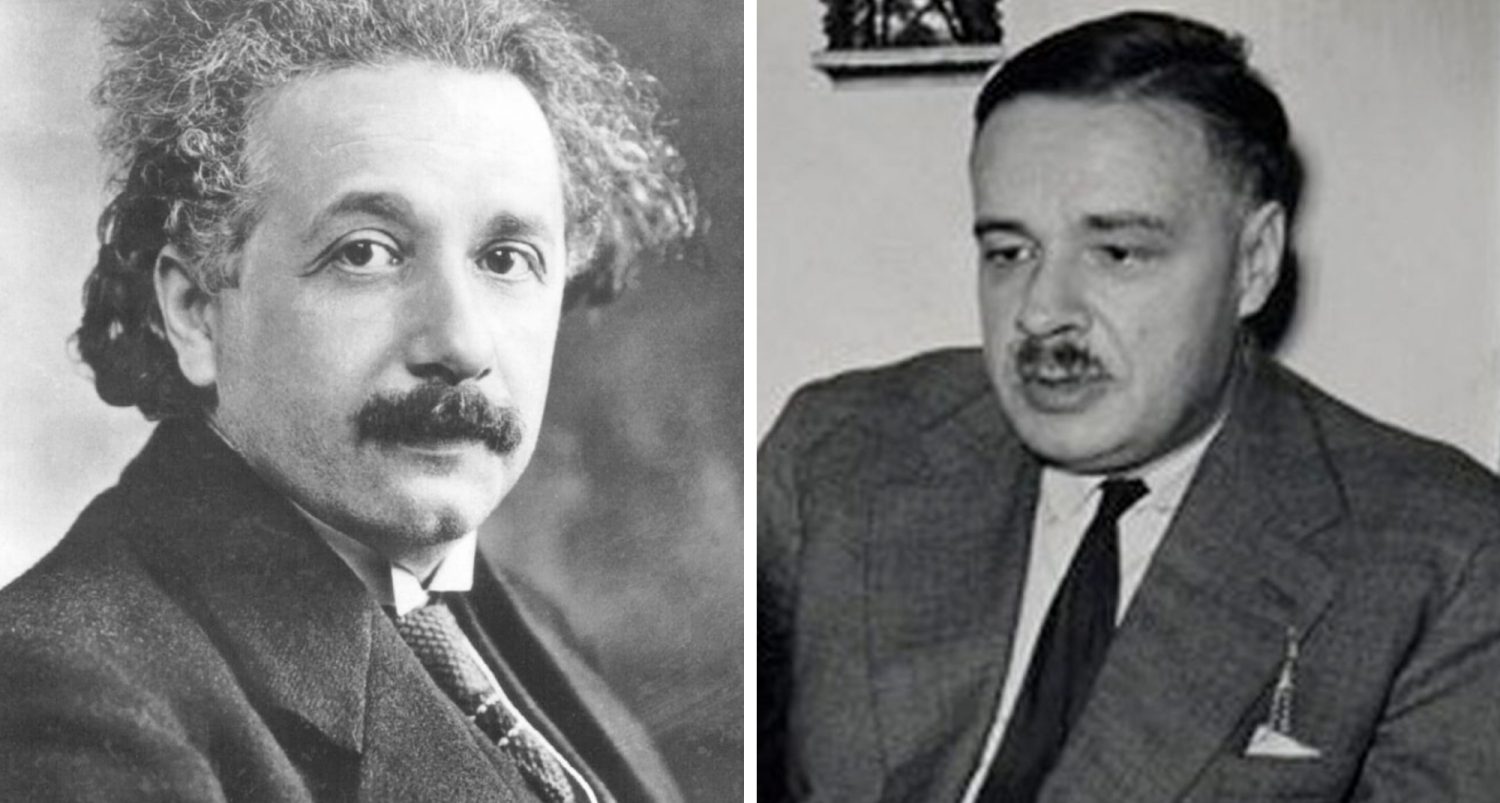
Albert Einstein’s Views on Eduard’s Condition
Albert Einstein’s public and private statements about Eduard reflect a mixture of concern and helplessness. While he expressed sympathy for his son’s plight, his views were also shaped by the prevailing attitudes towards mental health.
- Public Statements: Expressions of concern and empathy
- Private Reflections: Personal letters and documents reveal his struggle to reconcile his scientific achievements with his son’s suffering
Albert’s views on Eduard’s condition evolved over time, reflecting both his growing understanding and the limitations imposed by the era’s knowledge of mental health.
Time Spent in Mental Health Institutions
Eduard spent a significant portion of his life in mental health institutions, which provided both care and confinement. These institutions were a critical part of his life, shaping his experiences and interactions.
Living Conditions and Care
The conditions in mental health institutions during Eduard’s time were often inadequate by modern standards. Eduard’s experiences varied depending on the facility and the quality of care provided.
- Institutions: Various mental health facilities in Switzerland
- Living Conditions: Basic, with varying levels of care
Eduard’s life in these institutions was marked by a lack of comprehensive treatment options and a general misunderstanding of his condition.
Personal Reflections and Correspondence
Eduard’s personal reflections, including letters and writings, offer insight into his thoughts and experiences. These documents reveal his inner struggles and his attempts to make sense of his condition.
- Letters and Writings: Correspondence with family, personal journals
- Reflections: Insights into his mental state and personal experiences
Eduard’s correspondence provides a poignant look into his life and struggles, offering a deeper understanding of his experiences.
The Forgotten Legacy of Eduard Einstein
Eduard Einstein’s legacy has often been overshadowed by his father’s monumental achievements. However, his life and struggles offer important lessons and insights.
Impact on the Einstein Family’s History
Eduard’s story is an integral part of the Einstein family history, though it has been largely overshadowed by Albert Einstein’s scientific accomplishments. Recognizing Eduard’s life helps to complete the picture of the Einstein family’s narrative.
- Historical Impact: Contribution to understanding the Einstein family’s dynamics
- Recognition Efforts: Growing interest in Eduard’s story
Efforts to acknowledge and remember Eduard’s life are increasing, providing a more complete view of the Einstein family’s history.
Current Recognition and Historical Perspective
In recent years, there has been a renewed interest in Eduard Einstein’s life, with scholars and biographers seeking to shed light on his story. This recognition helps to address the historical imbalance in the portrayal of the Einstein family.
- Modern Views: Increased recognition and historical interest
- Contribution to Mental Health Awareness: Eduard’s story contributes to the broader understanding of mental health
Eduard’s legacy is increasingly seen as a valuable part of the broader narrative of mental health and family dynamics.
Meta Description: Explore the life of Eduard Einstein, the overlooked son of Albert Einstein, and uncover his struggles with schizophrenia, family dynamics, and enduring legacy.
References:
- Wikipedia: Eduard Einstein https://en.wikipedia.org/wiki/Eduard_Einstein
- History Defined: Kashmir Giants https://www.historydefined.net/kashmir-giants/

